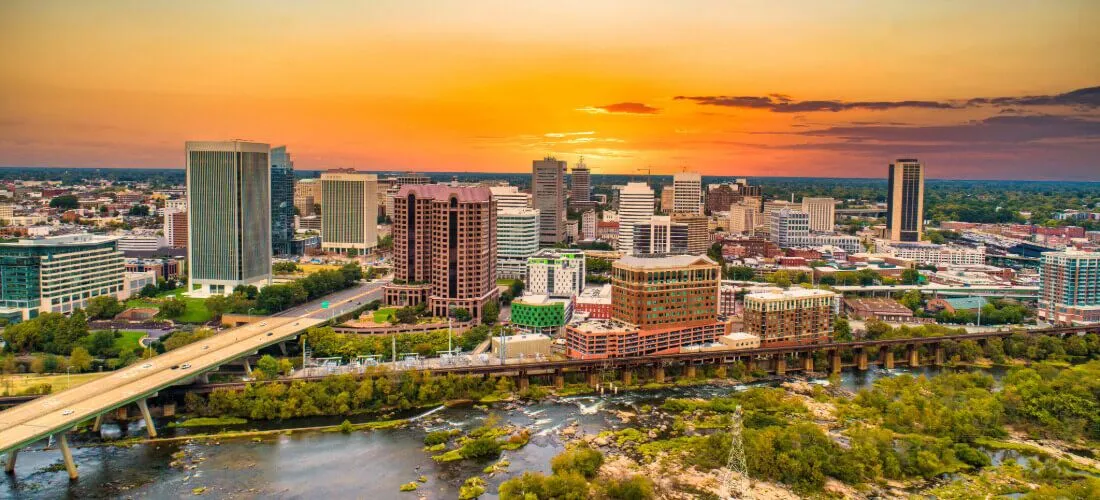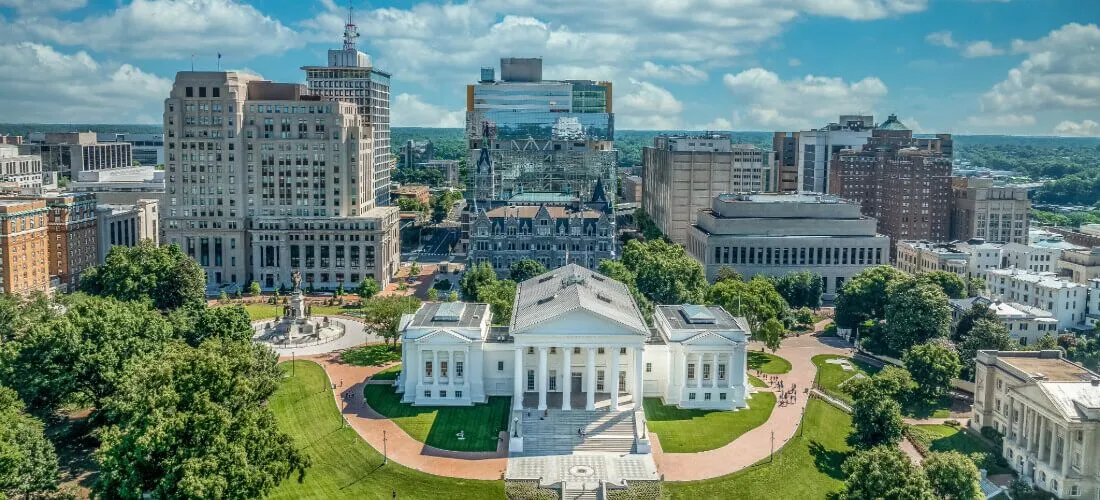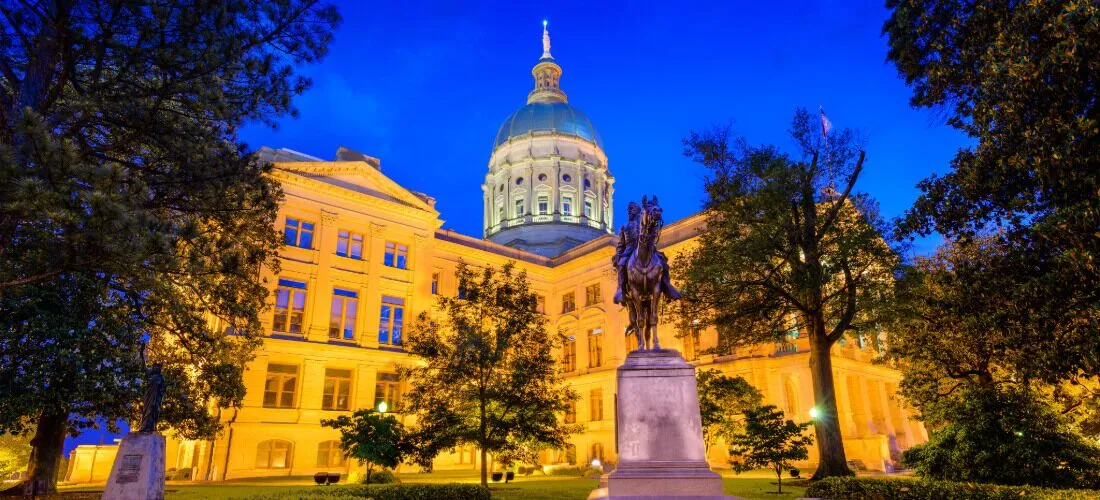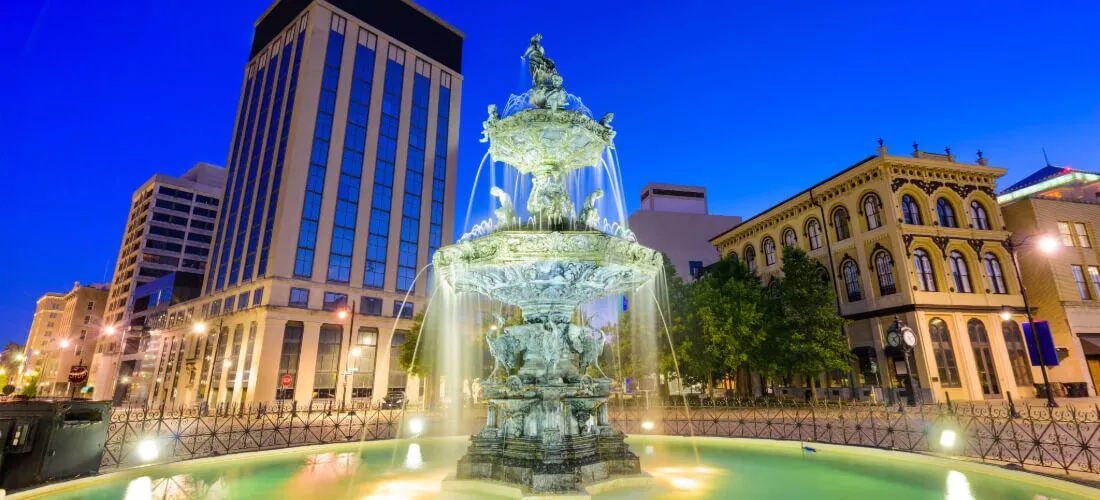
This article is part of an ongoing series of reports on the state of short-term rentals (STRs) in the United States. You can view our other reports here.
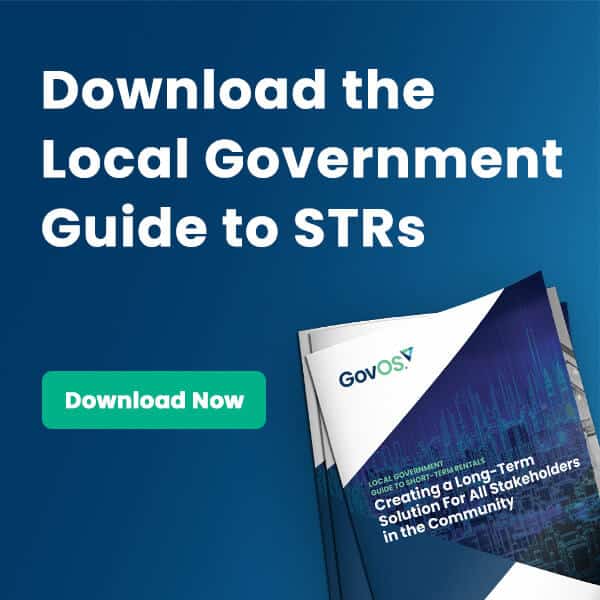 Tennessee has many beautiful mountain ranges, a lively cultural scene, and loyal sports followings that attract visitors from all over the country. In fact, weekends with college football or NFL games have been among the busiest and most profitable for STR owners in the past, as most hotels sell out of rooms quickly.
Tennessee has many beautiful mountain ranges, a lively cultural scene, and loyal sports followings that attract visitors from all over the country. In fact, weekends with college football or NFL games have been among the busiest and most profitable for STR owners in the past, as most hotels sell out of rooms quickly.
Last month, we spoke with the Assessor of Property for Rutherford County who shared his perspective on the Tennessee Comptroller of the Treasury Bulletin Number 2021-01, which outlines when property taxes should be assessed at a commercial versus a residential rate for units being used as STRs.
This is just one example of how Tennessee, like many other states, is undergoing rapid change when it comes to managing STRs effectively. Evolving tax codes, proposed ordinances, and shifting economic conditions are leading more municipalities to reconsider how to best manage STRs.
Learn how other well-known Tennessee communities are managing their STRs.
Shelby County
Shelby County is home to the famous Beale Street and Graceland. In turn, it gets many tourists flocking to its borders. According to its STR ordinance, Shelby County requires the STR hosting platform, not the STR owners, to be responsible for submitting all fees and taxes. This helps put less of a burden on STR owners.
Shelby County imposes a $2.00 fee per night for each STR, and these funds go toward the county’s tourism marketing budget, helping to attract further visitors to the famed county.
Sevier County
Sevier County is known as the gateway to the Great Smoky Mountains National Park and is home to many mountain vacation homes that operate as STRs. According to Airbnb, STRs in Sevier County had more than 100,000 guests in one year, with STR owners collecting nearly $13 million in revenue. Sevier County requires STR owners to pay local and state taxes, rather than the hosting platform.

Bristol
For STR owners with properties in Bristol, age really does come before beauty (for a quick permitting process). A recently passed bill allows for STRs that were operating prior to the bill’s passage to be grandfathered in and automatically receive a permit. This does not apply to any STRs in bad standing.
Memphis
Considered by many as the birthplace of blues and rock n’ roll, Memphis is a must-visit for any music fan. There is a new ordinance up for discussion by the City Council that would require STR owners to pay a $75 fee for an annual permit and have a permanent residence in Memphis city limits.
Pigeon Forge
Pigeon Forge is home to the iconic Dollywood, a theme park named after the legendary Dolly Parton, and receives roughly 3 million visitors annually. The consistent influx of visitors has placed Pigeon Forge in the top two for STR market listings as more and more folks look to apply for STR permits to benefit from the consistent business.
Nashville and the Davidson Metro
Nashville is perhaps the most famous city in Tennessee and as a result, sees millions of visitors each year who spend hundreds of millions of dollars in the Davidson Metro area. Tourism alone brought in approximately $1.9 billion in state and local tax revenue in 2021.
For those looking to operate an STR in this area, note that Nashville and the Davidson Metro differentiate STRs by “owner-occupied” and “not owner-occupied.” Operational rules and permits are different for each, so owners must ensure they apply for the correct one.
Chattanooga
The city of Chattanooga instated an opposition process for non-owner-occupied STR applications. This process allows residents within 300 feet of a proposed non-owner-occupied STR, which is a property typically owned by an investor, to send in a letter of objection. If four or more of these letters are received, the city can further consider whether or not that specific STR will be granted a permit. The owner is allowed to appeal this process. Otherwise, STRs are only allowed in specific zones and a business license is required to help track accommodation tax payments.
Franklin County
Those looking to become STR owners in Franklin County must apply for a permit in order to legally operate an STR.
Gatlinburg
A beautiful slice of nature, Gatlinburg welcomes STRs within its borders. STR owners must get a business license and pay the applicable 9.5% sales tax. Seven percent of that sales tax goes to the state, while 2.5% is allocated to Sevier County.
Knoxville
Knoxville requires STR owners obtain a permit before an owner is allowed to advertise their STR on a hosting platform. However, owners are not required to undergo an inspection or provide copies of insurance policies for a permit to be granted.
DeKalb County
DeKalb County is a small county centered in between the big three: Nashville, Knoxville, and Chattanooga. Any STRs based in DeKalb County are subject to the 9.5% sales tax on revenues earned from the property.
Are You Prepared to Manage Your STRs Efficiently in 2023?
While impossible to predict what the new year will bring when it comes to STR ordinances, regulations, and perception, municipalities can be prepared to manage their STRs effectively if they have the right set of tools at their disposal.
Prioritize the management of your STRs by leveraging a best-in-class software suite that covers everything from compliance to registration to tax collection. Learn how your community can get ahead in 2023 with an industry-leading STR solution.

